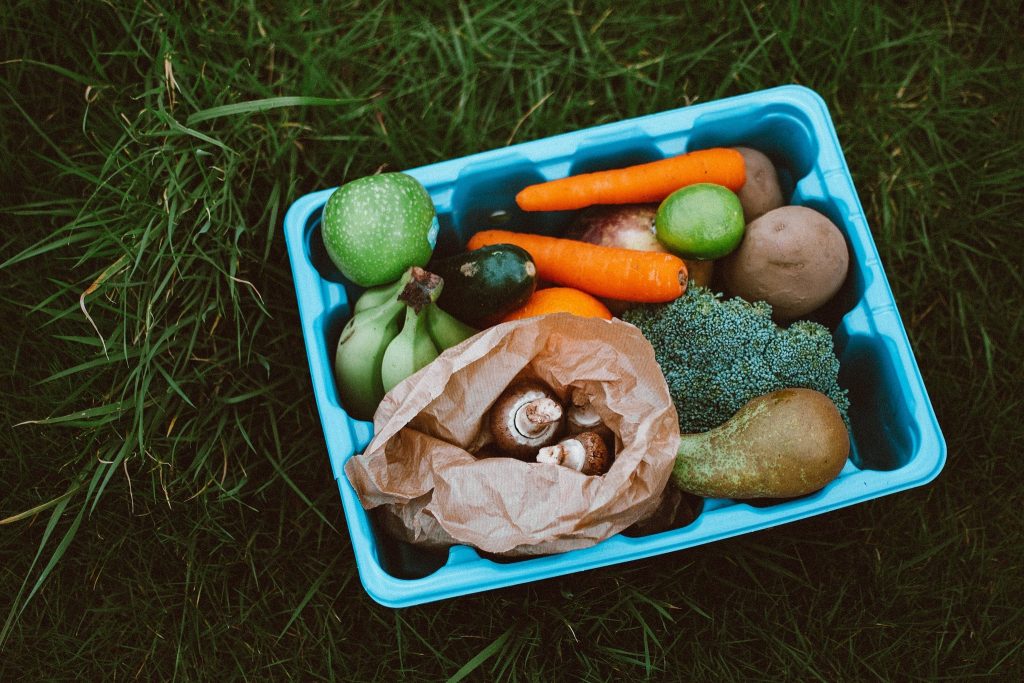
In addition to harming the environment, plastic utensils can harm the human body.
Is it safe to use disposable tableware?
We now live in the so-called Plastic Age. This material is used for everything in a row because of its cheapness and lightness. However, there are already a large number of studies proving the dangers of plastic.
Under the influence of temperature or time, it can emit harmful chemicals into beverages or foods. So, any plastic is dangerous in contact with food, especially if it has scratches that will inevitably appear over time.
What to look for when choosing a reusable plastic container?
Choose only PP polypropylene (“5”), be sure to look for the markings in the triangle on the container and its lid.
But we recommend using non-plastic alternatives – ceramics, glass, food steel (marked “18/8” or “18/10”). Such materials will last much longer. Moreover, glass and ceramics can be safely heated.
What foods should not be stored in plastic containers?
- Fatty foods (oil, fish, etc.)
Oils can be bought in glass, or pour into glass bottles at home for long-term storage.
- Alcohol
Especially beer and light drinks.
- Vinegar
The vinegar reacts quite aggressively with plastic. It is dangerous to use it for eating after contact with the bottle.
- Hot foods
Try not to store any foods in plastic. And even freeze food in glass jars or natural bags. Low temperatures, as well as high temperatures, open the way for chemicals to our foods.
Any plastic enters into a chemical reaction, and its microparticles get into food. To date, scientists have discovered that nine types of plastic can accumulate in the human body.
Manufacturers advise to look at the marks and use the dishes according to them. For example, if there is no label that it can be used for hot drinks, it is better not to do so, because Bisphenol A (BPA) may be released. It is harmful to human health. It is best to prefer dishes made of glass, clay, ceramics.
But if you can not do without plastic:
- choose denser plastic for packaging;
- prefer reusable containers and bottles;
- do not use disposable utensils a second time.
If you bought water in a plastic bottle – do not throw it, do not subject it to any deformation. It is also important to avoid direct sunlight, do not leave it on the windowsill or in the car so that the water does not heat up.
FYI: If plastic is intended only for cold foods, it is not necessary to store hot foods in it. For each plastic product, there is regulatory documentation that you can request from the manufacturer. It must indicate the shelf life of this product and its chemical properties. The manufacturer usually gives a warranty period: if it is written that it is a year of operation, the safety of use applies only to this period, no more.
Picture Credit: Pexels
